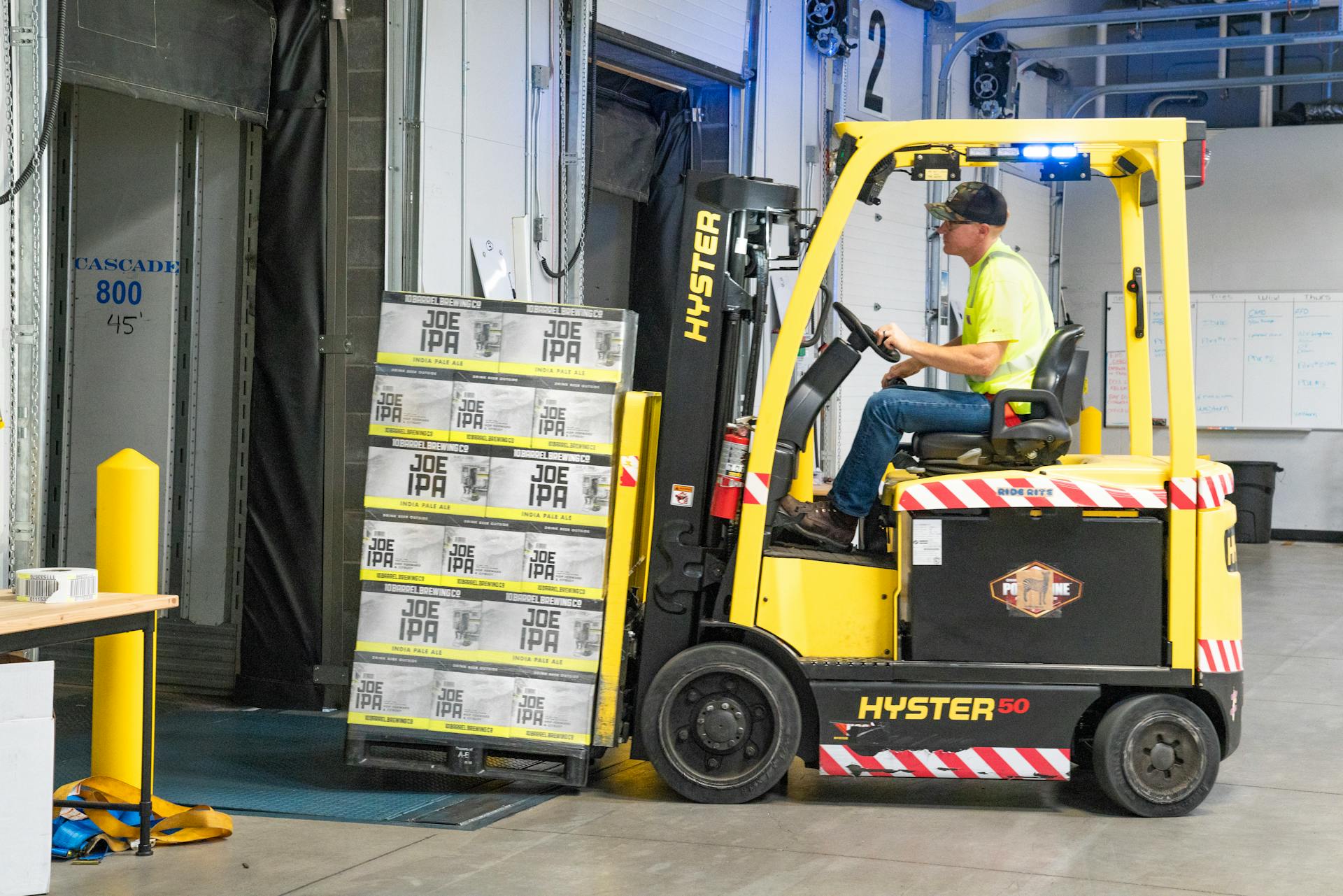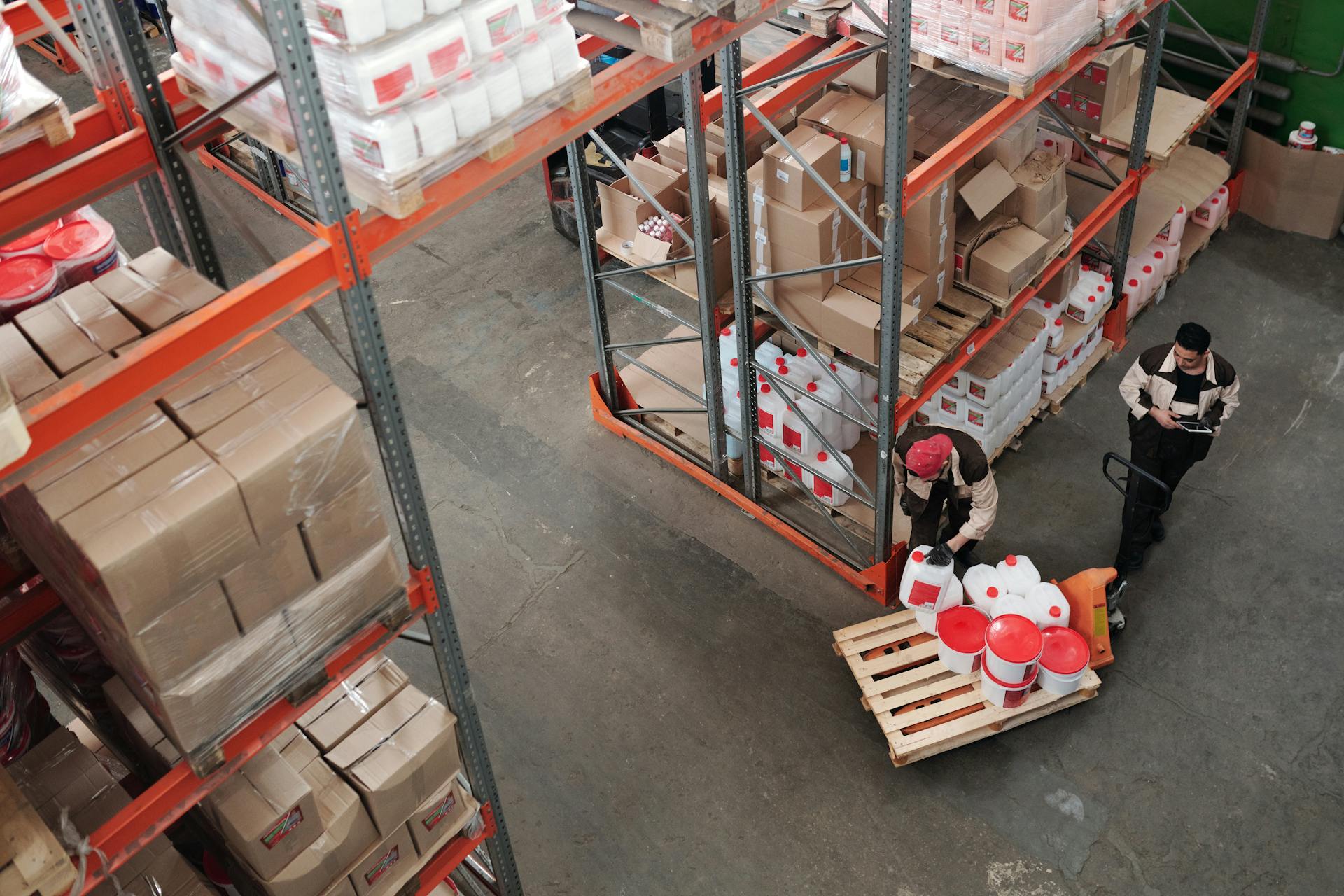
When considering a project for a business or other organization, it is easy to overlook the question of who is liable for any injuries that may occur during the construction process. This is particularly true of subcontractors working on a larger project as they often are not employees of the main contractor. However, this puts them in a precarious position when it comes to understanding and enforcing their rights in the event that they suffer injuries while performing their duties.
The law surrounding who is responsible for injured subcontractors can vary depending on the nature of their work and how closely they are tied to the main contractor or company hiring them. In many instances, general contractors are considered responsible when it comes to overseeing safety in projects involving subcontractors, with legal action being taken against them instead of individual subcontractors if an accident occurs. General contractors are expected to adhere to regulations put in place by governmental bodies such as OSHA or labour standards acts, take proper precautionary steps to ensure that injuries do not occur and provide their subcontractors with appropriate training and equipment.
Additionally, companies that hire subcontractors may be liable for any injuries suffered by them if it is found that negligence on their part caused the injury to occur. This may include failing to fulfill safety regulations on their own behalf or failing to provide adequate safety instruction and protection gear for their workers. In some cases, legal action may even be taken against an organization's director or board members if they are found culpable in any accidents caused due to negligence on the part of the company they oversee.
It is important for businesses entering into contracts with subcontractors understand exactly who will be liable in case of injured workers so that appropriate precautionary steps can be taken. While individuals should always know what risks are associated with any particular job before going ahead, employers also have a duty of care towards their workers which should be respected at all times.
A different take: Does Workers Comp Cover Subcontractors
Who is responsible for workers' compensation of subcontractors?
Workers’ compensation for subcontractors falls on different entities, depending on the subcontractor’s relationship with the primary contractor or the business hiring them. In cases where a subcontractor is an employee of the business they are contracting with, the employer is usually responsible for workers' compensation coverage if they have three of more employees. If a company is using multiple subcontractors though, most state labor laws require that each contractor maintain their own workers’ compensation insurance policy.
In general, primary contractors are legally required to make certain that all subcontractors they hire maintain valid workers’ compensation policies – in most cases this requirement applies to any subcontractor with two or more members employed under them. Should a subcontracted business fail to carry proper insurance, it's possible for the primary contractor to be liable if an incident should occur.
Thus it can be said that in many circumstances there are multiple parties responsible for workers' compensation of a subcontractor–– from the primary contractor (if applicable) who is typically obligated by law to ensure valid coverage policies are held by its given contracted entity, even to the business itself (if applicable) whose responsibility—in most cases—it is to take out a workers' comp policy for their own employees.
For more insights, see: Does General Contractors Insurance Cover Subcontractors
Who is liable for damages caused by subcontractors?
Every business that uses subcontractors need to consider their liability for damages caused by those subcontractors. It is important to understand the actual scope of the legal relationship so that both the business and their subcontractors are aware of their liabilities.
Contracts between businesses and subcontractors usually outline who is responsible for various types of damages caused by the subcontractor’s negligence or failure to meet agreed upon standards and timelines. In many cases, the party who has given out a contract to a subcontractor may be legally liable for any damages caused by them.
In addition, businesses working with independent contractors may be liable for any damages directly resulting from the contractor’s wrongful conduct, regardless of how structured their contractual relationship was. This includes instances where the contractor was hired with an independent contract agreement and not an employment agreement. This means that businesses are accountable for damage due to mismanagement on the part of a contractor, even if this occurred before they started working with them.
Liability for damages resulting from a subcontractor’s mistake can be complex and should not be taken lightly by any business who chooses to work with them. It is important to have thorough contracts in place outlining both parties responsibilities and liabilities will help protect all parties involved in the event of an error or accident. Furthermore, it benefits businesses trusting contractors they have knowledge of their insurance coverage in order to determine who is entitled to compensation in case of an accident or mishap.
How should subcontractors' on-site injuries be reported?
Subcontractors’ on-site injuries are, unfortunately, a common occurrence on construction worksites. However, subcontractors need to understand that, although serious injuries should always be reported as quickly as possible, any injury sustained on the job, regardless of its type and severity, must be immediately reported. By doing so, subcontractors ensure that they are protected and can be provided with the necessary medical care needed.
The first step to reporting any on-site injury is to contact your employer. As soon as possible after an injury has occurred, subcontractors should let a supervisor or other designated personnel know about their situation. It is important for employers to be aware of such events so that the proper safety protocols can be implemented in order to prevent future incidents from happening. Additionally, employers may require subcontractors to fill out an official incident report detailing all of the information related to their injury—such as the date and time of occurrence, what type of injury was sustained and how it occurred—so that the appropriate action can be taken in response.
In addition to contacting your employer about an on-site injury, subcontractors should also seek medical attention if necessary. Employers may provide access to workers’ compensation benefits which could cover treatment costs depending on the circumstances related to the accident. This can be incredibly beneficial for preventing more serious health issues from arising due to a lack of appropriate medical care in a timely matter. Moreover, it is important for subcontractors to maintain good records regarding their injuries in case any future legal action needs to be taken in such matters.
Overall, subcontractor's on-site injuries need to reported promptly in order for all relevant parties involved—the employer, employee and health care professionals—to take appropriate safety measures for a safe working environment and provide access necessary resources needed for recovery if warranted by the incident's severity.
Readers also liked: Injured at Work Who Pays Medical Bills
What are the legal ramifications for an employer of subcontractor injuries?
When an employee of a subcontractor is injured while working on behalf of an employer, it is important to understand the legal ramifications that the employer may be held responsible for. Primarily, employers can be held responsible for injuries that occur to employees of their subcontractor if the employer had any direct control or supervision over the work of their subcontractor. It is also possible for employers to be liable for injuries suffered by subcontractors' employees if a hazardous condition at the workplace caused the injury.
Employers must take special care when a subcontractor assumes any safety responsibilities at the workplace, and must frequently inspect these areas for any potential hazards. Additionally, when employers contract with a subcontractor they should make an effort to maintain appropriate control over their operations and any potential hazards. Employers should also ensure that adequate safety measures have been taken to protect workers who are performing hazardous tasks and have knowledge of what safety rules,if any, have been implemented by their subcontractor.
Finally, employers need to understand that they may remain liable if they attempt to delegate safety duties to their subcontractor and those duties are not properly implemented. It is therefore important that the employer remains fully informed of what safety precautions and regulations are being followed by the contracted workforce in order to avoid potential penalties or lawsuits. Furthermore, there may be certain injury prevention laws in place which require employers to provide additional safeguards for workers’ physical protection such as providing personal protective equipment when necessary or making sure workers adhere strictly to established workplace protocols and procedures under designated circumstances.
Worth a look: What Happens When You Are Injured in a Store?
What types of insurance coverage do subcontractors need to be adequately protected?
Subcontractors face many risks that need to be adequately protected with appropriate insurance coverage. Knowing which types of policies to carry can be confusing, and it’s important for those in the construction industry to make sure they have all the necessary coverage.
At a minimum, subcontractors should carry liability insurance, which provides protection against any property damage or claims of negligence caused by the subcontractor or his employees during their work. Commercial auto insurance is also beneficial so subcontractors are covered in the event of an accident while using a vehicle for business purposes.
Subcontractors often work as independent contractors, so worker’s compensation should be considered as well. If an employee gets hurt while on the job, worker’s compensation protects them and the subcontractor against potential liabilities and provides coverage if they are unable to work due to their injury. Business interruption insurance can help if a prolonged downtime affects the subcontractor’s business activities due to unforeseen events such as natural disasters, power outages or fires. And lastly, general contractor bonds provide assurance to clients that contract obligations will be fulfilled in accordance with all terms and conditions laid out in the agreement between two parties.
Having appropriate insurance coverage is one of the most important things subcontractors should plan for when doing business because it ensures that any financial repercussions from an accident or mistake are taken care of promptly and efficiently so they can focus on completing jobs without worry.
Sources
- https://www.irmi.com/articles/expert-commentary/recent-case-law-applying-the-subcontractor-exception-too-little-too-late
- https://crucialinsurance.com.au/subcontractor-insurance-who-is-liable/
- https://www.propertycasualty360.com/2018/12/19/contractor-subcontractor-liability-questions-answered/
- https://www.legalzoom.com/articles/understanding-your-liability-when-using-subcontractors-for-construction-projects
- https://advisorsmith.com/contractor-vs-subcontractor/
- https://www.landesblosch.com/blog/liability-for-defects-in-construction-who-is-responsible/
- https://www.gtlaw.com/en/insights/2016/12/construction-defects-who-is-responsible-for-what
- https://www.findlaw.com/realestate/construction-defects/legal-liability-for-construction-defects.html
- https://www.alllaw.com/articles/nolo/personal-injury/who-legally-responsible-defects-construction.html
Featured Images: pexels.com


